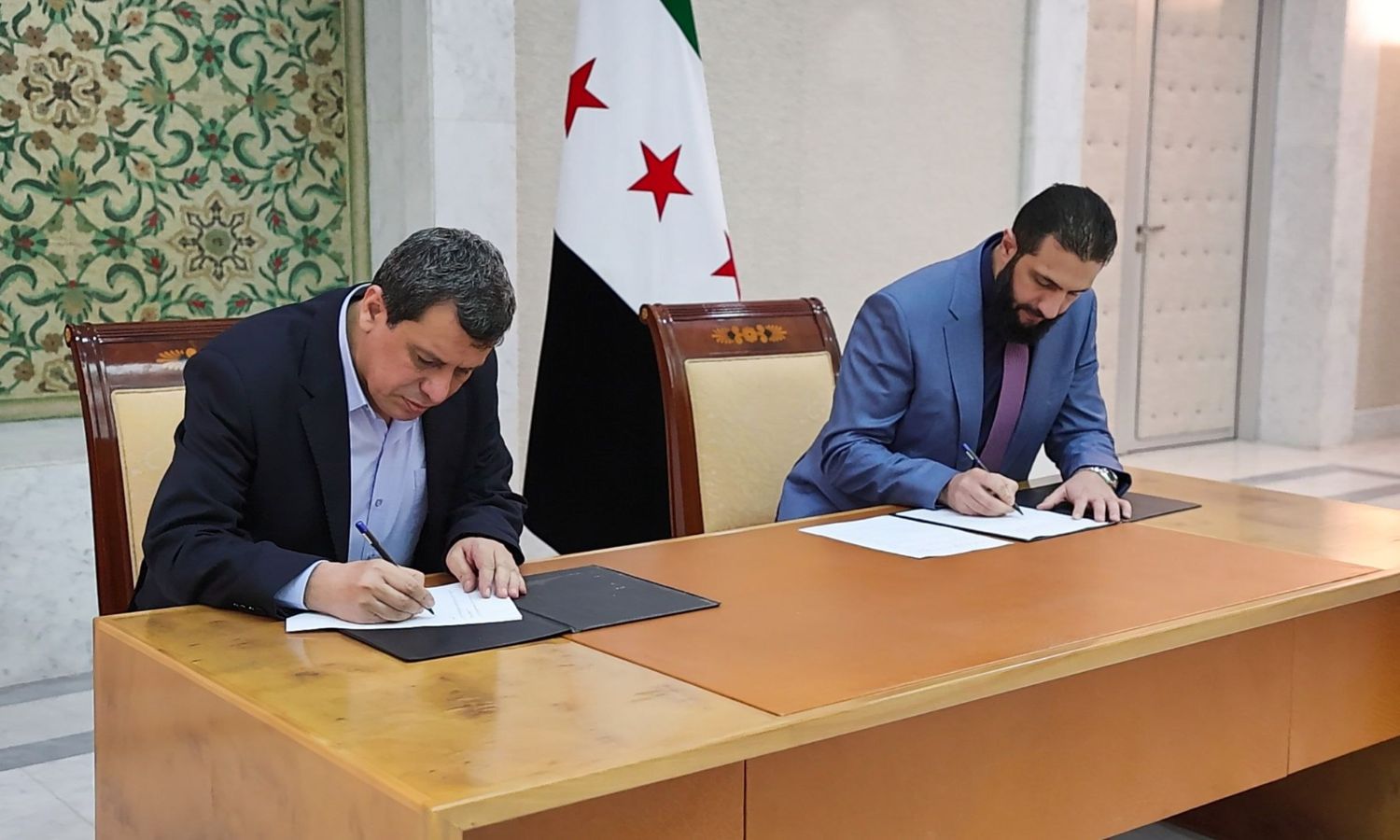Landmark Agreement and Its Geopolitical Background
A surprising agreement has been reached between the Syrian Democratic Forces (SDF) and the Damascus government, with significant implications for regional dynamics and Turkish interests. According to experienced Turkish journalist Zeynep Gürcanlι, this critical deal reflects both direct American and indirect Turkish involvement in shaping Syria's future.
The SDF, which Turkey designates as a terrorist organization due to the leading role of PYD-YPG groups, has signed what Gürcanlı describes as an unexpected agreement with the Syrian government. This development follows persistent Turkish diplomatic efforts to end American support for Kurdish forces in northeastern Syria.
Turkey's Diplomatic Maneuvering
For years, Turkey has pressed Washington to withdraw support from the SDF, but American officials repeatedly rejected these demands, citing the critical role Kurdish forces play in guarding ISIS detention facilities and related camps. Turkey's strategic response was to convene regional powers—bringing together Iraq, Jordan, and Syria's current government in four-way talks in Amman.
The key outcome of these Amman discussions was a proposal that these four nations could collectively guarantee the security of ISIS prisons and camps, effectively challenging the American justification for continued SDF support.
American Intervention and Agreement Details
Following the Amman summit, CENTCOM commander General Kurilla personally met with SDF leader Mazlum Abdi in what Gürcanlı characterizes as a "persuasion meeting." Shortly afterward, Abdi was transported to Damascus via American helicopter to finalize the agreement with HTŞ leader Colani (Ahmed al-Shara).
The timing of this agreement appears significant, coming after deadly attacks in the Alawite-majority regions of Latakia and Tartus. Gürcanlı suggests the deal serves as an American "lifeline" to Colani, whose attempts to project a democratic image had been severely damaged by these sectarian attacks.
The Devil in the Details
While the agreement ostensibly shows the SDF fully integrating with Damascus with minimal demands beyond constitutional recognition for Syrian Kurds, Gürcanlı highlights critical nuances. The SDF's post-agreement statement emphasized all Syrians' "right to determine their own future" and called for Syria to become a "democratic, pluralistic and decentralized state."
The emphasis on "decentralization" reveals the SDF's likely strategy during implementation: maintaining maximum independence from Damascus decision-making structures for northeastern Syria. In an interview with El Mecelle, Mazlum Abdi reinforced this interpretation, stating that Kurdish compliance would be proportional to their participation in decision-making mechanisms.
Regional Implications
Abdi also suggested extending similar decentralized structures to other Syrian regions—implying a federal model without explicitly using terms like "autonomy" or "federation."
Turkey is closely monitoring these developments, with Foreign Minister Hakan Fidan indicating that Ankara will scrutinize the agreement's implementation. According to Gürcanlı, this agreement may temporarily provide breathing room for new dialogue initiatives involving imprisoned PKK leader Abdullah Öcalan in Turkey, though she cautions this relief may be short-lived.
(NS)
Photo: Enab Baladi
